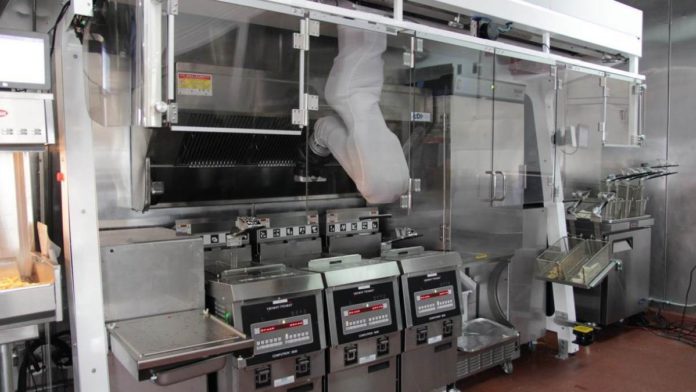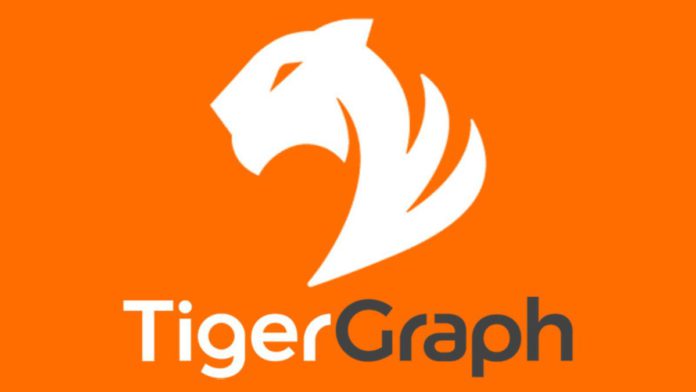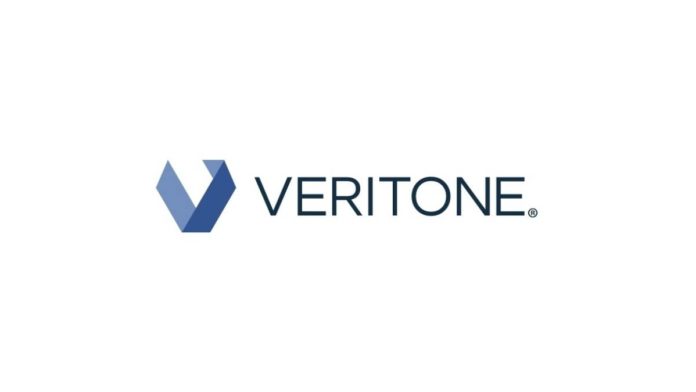The government of Canada announces new laws as a step to strengthen the country’s privacy protection policies and build trust among citizens regarding the digital economy.
The Government of Canada is dedicated to ensuring Canadians can benefit from cutting-edge technology while knowing that their personal information is safe and secure and that companies are operating responsibly.
The new bill named C-27 was introduced by the country’s Minister of Innovation, Science and Industry, François-Philippe Champagne, and Minister of Justice and Attorney General of Canada David Lametti. .
Read More: Snowflake to bring Python to its Data Cloud platform
According to the government, the Digital Charter Implementation Act 2022 would considerably strengthen Canada’s private sector privacy law, set new standards for the responsible development and use of artificial intelligence (AI), and continue to advance Canada’s Digital Charter implementation.
David Lametti said, “We are committed to protecting the personal information of Canadians while encouraging responsible innovation for the public good. The Digital Charter seeks to bring essential online protections for individuals into the 21st century.”
He further added that their government is also updating the Privacy Act, Canada’s federal public sector personal information protection act, to ensure that the country’s privacy regulations keep up with technological development and reflect developing Canadian values.
The Consumer Privacy Protection Act, the Personal Information and Data Protection Tribunal Act, and the Artificial Intelligence and Data Act are all proposed legislation within the Digital Charter Implementation Act, 2022.
The government mentioned that the proposed Consumer Privacy Protection Act would address the demands of Canadians who rely on digital technology while also responding to criticism of prior proposed laws.
“In today’s economy, Canada’s competitiveness depends on our ability to use digital innovation to harness the power of data. Safety and trust must be the foundation of this new digital economy,” said François-Philippe Champagne, Minister of Innovation, Science, and Industry. Champagne also mentioned that they guarantee Canadians can trust when and how their information is used by adopting the Digital Charter Implementation Act, 2022.











